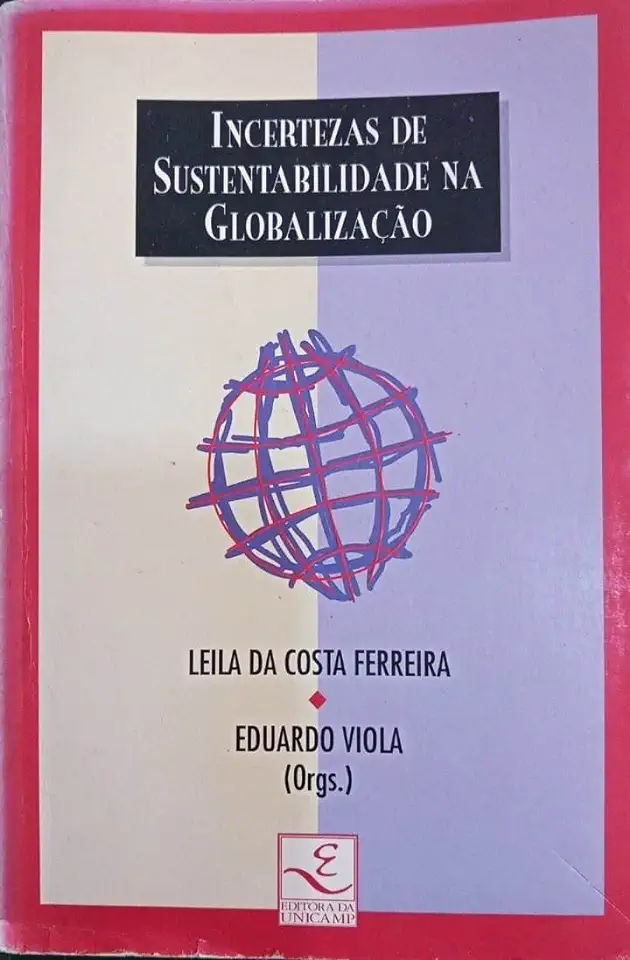
Sustainability Uncertainties in Globalization - Leila da Costa Ferreira
Sustainability Uncertainties in Globalization: A Comprehensive Exploration
Introduction
In today's interconnected world, globalization has become an integral part of our lives. It has brought about numerous benefits, such as increased economic growth, improved living standards, and enhanced cultural exchange. However, alongside these advantages, globalization has also introduced a range of sustainability challenges that threaten the long-term well-being of our planet and its inhabitants.
Environmental Challenges
One of the most pressing sustainability uncertainties associated with globalization is its impact on the environment. The increased production and consumption of goods and services have led to a significant rise in greenhouse gas emissions, contributing to climate change and global warming. Deforestation, pollution, and biodiversity loss are other major environmental challenges that have been exacerbated by globalization.
Social Challenges
Globalization has also brought about a number of social challenges, including rising inequality, labor exploitation, and the erosion of cultural diversity. The increased mobility of capital and labor has led to a concentration of wealth in the hands of a few, while many workers in developing countries are subjected to poor working conditions and low wages. Additionally, the spread of Western culture and values has threatened the preservation of traditional customs and practices in many parts of the world.
Economic Challenges
While globalization has undoubtedly contributed to economic growth, it has also created new economic challenges. The increased competition and interconnectedness of markets have made economies more vulnerable to external shocks, such as financial crises and natural disasters. Moreover, the offshoring of jobs to low-wage countries has led to job losses and wage stagnation in developed countries.
Political Challenges
Globalization has also had a profound impact on the political landscape. The increased interdependence of countries has made it more difficult for governments to implement policies that are in the best interests of their citizens. Additionally, the rise of multinational corporations and the influence of global financial institutions have challenged the sovereignty of nation-states.
Conclusion
In conclusion, globalization has brought about a range of sustainability uncertainties that threaten the long-term well-being of our planet and its inhabitants. These challenges are complex and interconnected, requiring a comprehensive and collaborative approach to address them. By raising awareness of these uncertainties and promoting sustainable practices, we can work towards a more just and sustainable future for all.
Call to Action
If you are concerned about the sustainability uncertainties associated with globalization, there are a number of things you can do to make a difference. Here are a few suggestions:
- Educate yourself about the challenges. The first step to addressing these challenges is to understand them. Learn about the environmental, social, and economic impacts of globalization, and how they affect your community and the world.
- Support sustainable businesses. When you buy products and services from companies that are committed to sustainability, you are helping to create a demand for more sustainable practices. Look for products that are made from recycled materials, produced in a fair trade environment, or have a low carbon footprint.
- Get involved in your community. There are many ways to get involved in your community and promote sustainability. Volunteer for a local environmental organization, support sustainable agriculture, or advocate for policies that protect the environment and workers' rights.
- Spread the word. Talk to your friends, family, and colleagues about the sustainability uncertainties associated with globalization. Share your knowledge and encourage others to take action.
Together, we can create a more sustainable future for all.